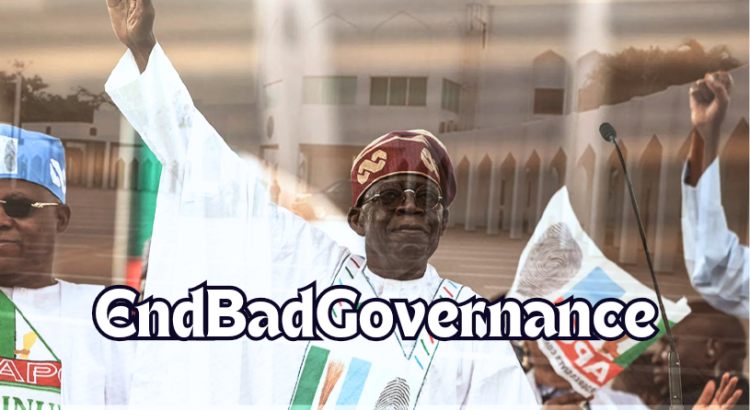In light of the ongoing #EndBadGovernance protests in Nigeria, it is essential to address the various issues at hand with a balanced perspective. The calls for change are not just about immediate grievances but also about the long-term need for a government that is transparent, inclusive, and genuinely caring for its people.
As a developing country, Nigeria faces numerous challenges. These challenges are not unique to us; they are shared by many nations around the world. However, what makes the situation particularly difficult for Nigerians is the pervasive feeling that the government does not care enough about the struggles of its people. This perception needs to be addressed urgently. The government must prioritize making Nigerians feel that their welfare is of paramount importance. Transparent implementation of welfare policies is crucial in this regard. When people see that aid is distributed fairly and efficiently, trust in government can be restored.
Furthermore, the approach to governance and policy-making in Nigeria needs a significant re-evaluation. It is not enough to make decisions from the top down. True representation must include voices from all classes of society—the poor, the uneducated, and even low-grade workers. Their opinions and experiences should be institutionally considered in policy decisions. This kind of inclusivity ensures that policies are well-intentioned, practical and effective in addressing the real needs of the larger part of the population.
The #EndBadGovernance protest highlights several stances within the Nigerian populace. There are those who fully support the protests, viewing them as a necessary action against economic hardships and political inconsistencies. They argue that the removal of fuel subsidies, among other measures, has disproportionately affected the common man while the government itself has not made significant cost-cutting measures. For these protesters, the fight is about holding the government accountable and ensuring that it prioritizes the needs of its citizens.
On the other hand, some individuals, while sympathetic to the cause, are wary of the potential for violence and destruction that can accompany protests. They fear that the protests could lead to further instability and harm to innocent people. However, even within this group, there is a recognition that something needs to change. They acknowledge the escalating cost of living and the growing economic divide, and they too call for more transparent and inclusive governance.
Ethnic divisions also play a role in the current unrest. Some groups feel marginalized and excluded from power, and these sentiments are being exploited by certain political elements to fuel division. This adds another layer of complexity to the protests, highlighting the need for a government that can unite its people rather than divide them.
In conclusion, while there are various perspectives on the #EndBadGovernance protest, the underlying message is clear: Nigerians need a government that cares, listens, and acts transparently. By ensuring inclusive representation and transparent implementation of welfare policies, the government can begin to rebuild trust and move the country forward. It is time for all Nigerians to feel heard, valued, and supported by their leaders.
